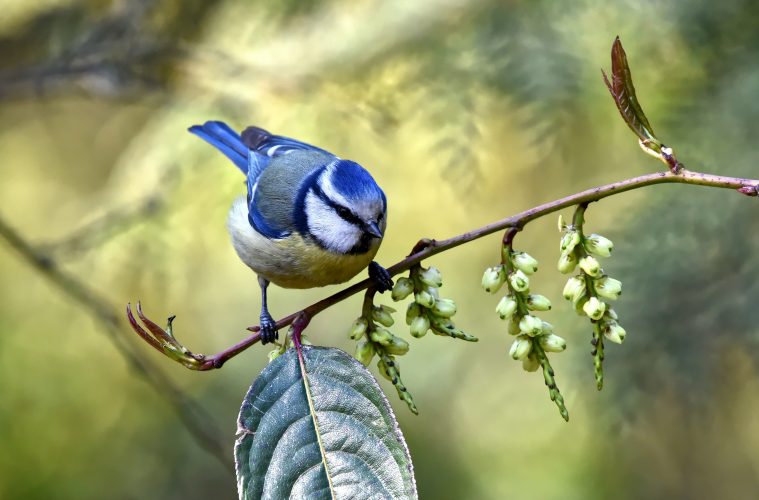Increasing biodiversity, no matter the size of your garden, contributes positively to healthy ecosystems.
Our gardens are not only supplying us with fresh oxygen, they are also a food source.
We rely on them and the more goodness we put in, the more we will get out.
The way global warming affects our planet negatively impacts wildlife and the natural world.
It is, therefore, crucial to find ways to enhance biodiversity.
“Everyone can play a part”, says Divan Vermaak, Husqvarna South Africa’s Veld Management Specialist.
The easiest and most obvious place to start is our own gardens.
“At Husqvarna, we believe that every garden can contribute to the preservation and advancement of biodiversity and we’ve developed a range of tools that make it easier for gardeners to manage and maintain these spaces,” he continues.
To get involved in the well-being of our fauna and flora, here are Vermaak’s top tips to create a more biodiverse garden.
1. Cultivate nectar-rich plants
Planting more flowers and fruit-bearing trees, creates a delectable buffet for insects including bees, butterflies and other pollinators that are vital to our food systems.
From Hibiscus to Rosemary to Buffalo Thorn and Aloes, choosing a range of seasonal plants that flower and bear fruit at different times of the year will ensure a steady supply of nectar and pollen and attract a variety of wildlife.
2. Add a splash of water
Whether it’s an elegant fountain, a birdbath, a small pond or a trough, you’ll be surprised at how quickly adding water to the mix will attract a variety of wildlife to your garden.
A water feature is a platform for a whole new palate of plants that will also attract a range of aquatic wildlife including frogs and dragonflies and running or bubbling water is particularly attractive to birds.
Be sure to change the water regularly to prevent the growth of harmful bacteria and avoid using chemicals such as chlorine.
3. Create a fauna habitat
Encouraging wildlife to visit and live in your garden will not only keep your green space thriving and control pests, but they’re also hugely enjoyable.
You can attract birds, bats, owls and pollinators to your garden by creating habitats for them.
From bird boxes to bug hotels and frog pots, you can choose to attract certain species.
Why not have a go at making your own instead of buying one?
A great project for you and the kids and a wonderful way of teaching them about biodiversity too.
4. Eliminate invasive alien plants
Whilst some alien plants and trees might be attractive, removing them from your garden will provide space for a wider range of indigenous plants.
These are better adapted to the local climate and soil conditions and by including them in your garden, you will attract a variety of native wildlife, including birds, butterflies and other insects.
5. Limit the use of pesticides
Chemicals spell disaster when creating a biodiverse garden.
Not only do they kill the species they are targeting, but everything else that comes into contact with them too.
Instead, try using natural methods to control pests.
Only use chemical pesticides when necessary in small localised areas when beneficial insects are not present or active.
Vermaak says that whatever task you want to tackle to encourage biodiversity in your garden, Husqvarna has a tool that will make the job easier. “The company has spent the past 100 years creating tools to help people look after nature.
Whether it’s forestry, farming, landscaping, veld management or gardening, our comprehensive range of equipment helps our customers manage and maintain their green spaces and ultimately, promote biodiversity.”
For more information or to view Husqvarna’s range of products, visit https://www.husqvarna.com/za/
Featured image: Pexels

